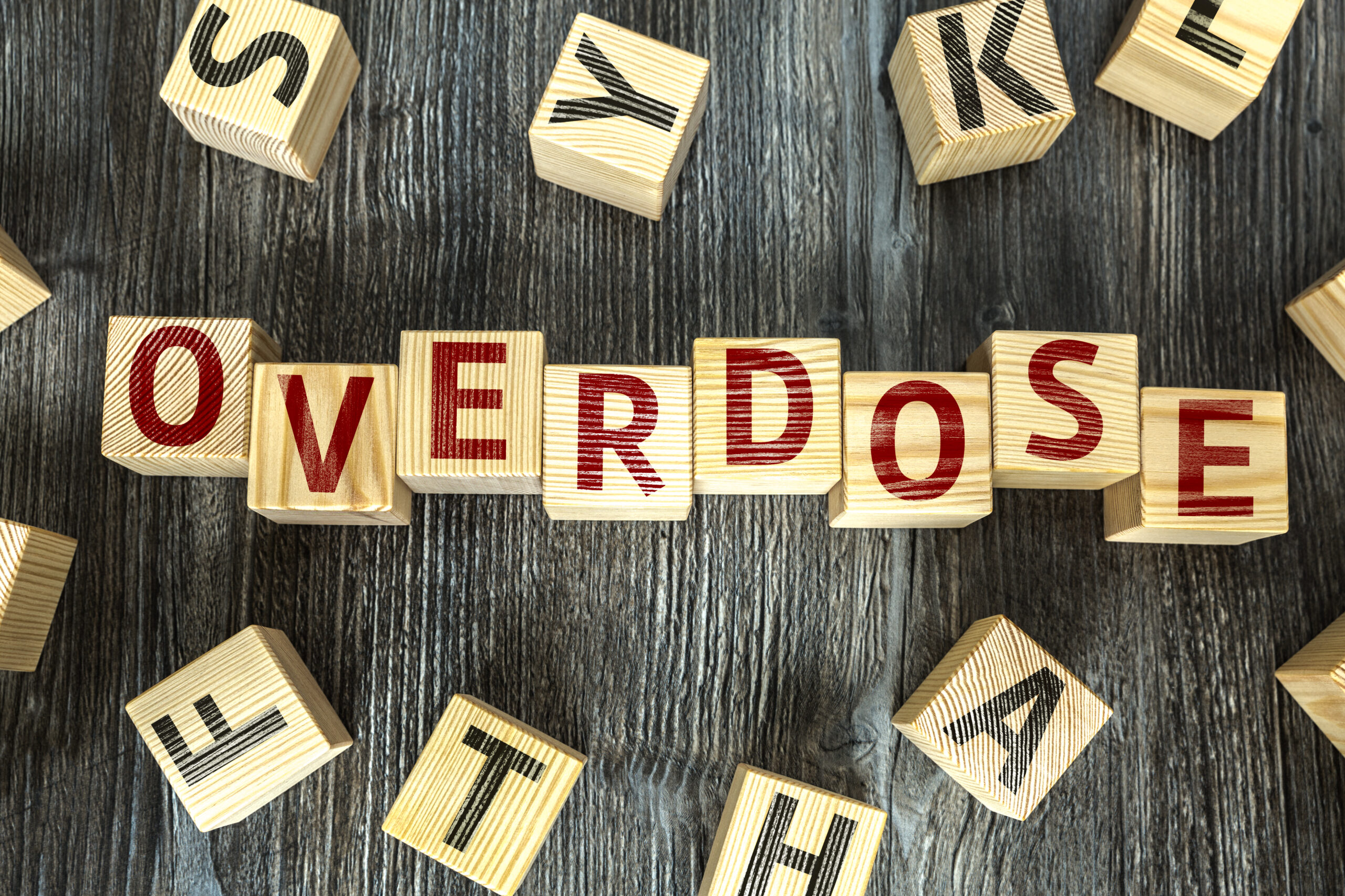The 4 Most Commonly Abused Substances that Lead to Overdose
Substance abuse has risen to an all-time high, and drug overdose is now the leading cause of accidental deaths in the United States according to the Centers for Disease Control and Prevention.
While drug overdosing has been a problem for decades, the frequency of these overdoses have more than doubled since 1999. These numbers — the ones that do and don’t represent a fatality — continue to rise every year, affecting tens of thousands of Americans annually.
With the escalation of drug abuse, addiction and overdose, has come a myriad of new and synthetic drugs to further elongate the list of common overdose drugs.
There are, however, four specific substances above all the rest that have been recognized to be more likely to lead to overdose.
In this article, we’re going to break down the four most common drugs that are abused to the point of overdose.
What is an overdose?
An overdose is what happens when you take more than what is the generally recommended or considered a safe amount of a substance. It does not discriminate against age, gender or circumstance; men and women of all ages and backgrounds overdose every year.
For many of us, it’s fairly easy to picture a twenty-something celebrity overdosing on drugs after a night of partying too hard. What few of us imagine is the elderly woman who increased the dosage of her opioid prescription to better manage her pain.
Overdose can happen intentionally (suicide), accidentally (such as in the case of the elderly woman), or as a result of someone drugging you.
Drugs most responsible for overdose
The most common “overdose drugs” are—opioids, cocaine, heroin and methamphetamine.
Opioids are currently the leading cause of overdoses and overdose deaths in our country. Whether this drug is obtained legally or illegally, synthetic opioids (such as fentanyl) remain the most common overdose drug due to its high potency, which is said to be upwards of 100 times stronger than morphine.
Cocaine is a strong stimulant drug that, while sometimes professionally used in a medical situation, is most commonly used in illegal recreational settings. It is highly addictive, commonly mixed with synthetic opioids (making it even more dangerous), and known to lead to overdose.
Heroin is a rapid-acting drug that is produced from morphine, and is most commonly used by men and women between the ages of 18 and 25. Heroin can affect people in a variety of ways, making every encounter with it dangerous; abuse and addiction are known to develop quickly.
Methamphetamine — most often referred to as meth — is a synthetic (also known as man-made) drug that is one of the most addictive substances of them all. It’s incredibly potent and addictive, most notably due to its ability to make a “high” last for up to 24 hours. It is relatively inexpensive and simple to produce, and this ease makes it especially dangerous.
Signs and symptoms of overdose
Each of the above four drugs can and do affect people in different ways, but their overdose symptoms are very similar.
Common signs of overdose include:
- Shallow or difficult breathing
- Trouble staying awake or loss of consciousness
- Pale, cold, clammy skin
- Gurgling or choking noises
- Slowed or rapid heartrate
- Seizures or convulsions
If you suspect someone has overdosed on a drug, regardless of which one, all 911 immediately.
Seek professional help today
Addressing a substance use disorder can be challenging enough without worrying about a potential overdose, which is why we’re encouraging you to seek professional help promptly.
Our number one priority at Freedom Detox is to help you regain your sobriety, which is why we’ve curated a myriad of different programs in order to support you throughout your recovery.
We don’t believe in a one-size-fits-all approach here, which is why each and every client receives an individually customized medical plan.
To learn more about how we can help you or someone you love recover from a substance use disorder, send us a message or call our office today at 800-475-2312.








